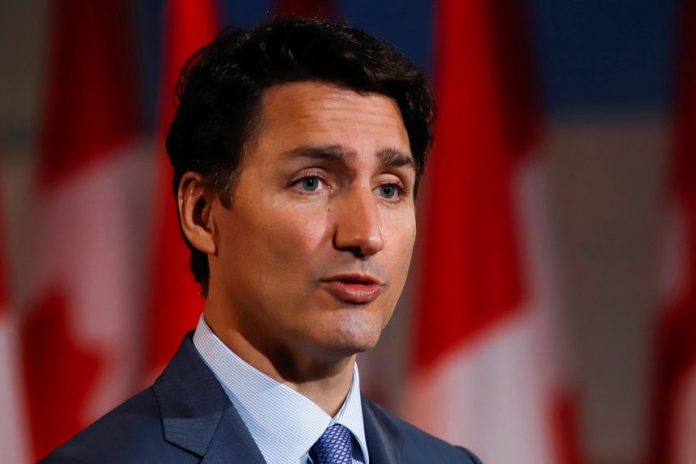Canadian Prime Minister Justin Trudeau speaks to the media in Gatineau, Quebec, July 6.
PHOTO: PATRICK DOYLE/REUTERS
By
July 13, 2021
Toronto
Canada believes in free speech, but not the way the U.S. does. The U.S. Supreme Court held “hate speech” laws unconstitutional in R.A.V. v. St. Paul (1992), but its Canadian counterpart reached the opposite conclusion two years earlier. Hate speech can be a crime or a civil offense here, and these laws have led to long, costly battles involving columnist Mark Steyn, political activist Ezra Levant and several pastors in Western Canada.
Liberal Prime Minister Justin Trudeau wants tighter restrictions. In May he introduced Bill C-10, which would put internet speech under the jurisdiction of the broadcast regulator, the Canadian Radio-television and Telecommunications Commission. Opposition parties on both the right and left pushed back, but Mr. Trudeau, who leads a minority government, adjusted the bill to win support from the leftist New Democrats and Greens. The House of Commons passed the bill, but the Senate decided in June not to hold any summer committee meetings, putting Bill C-10 on ice at least until fall.
Read More HERE



Justin Trudeau needs to go. He has Canada totally ruined and we’ll never see freedom again.😷what a joke